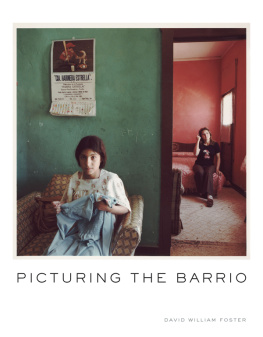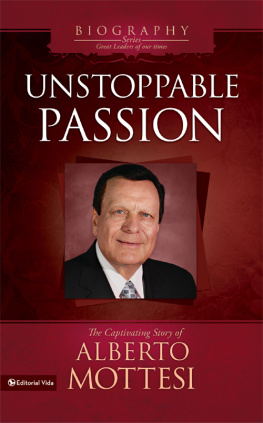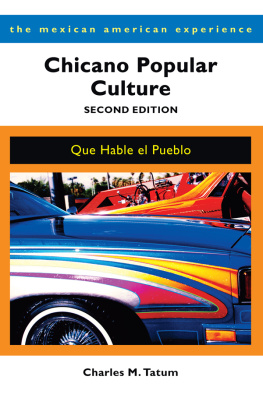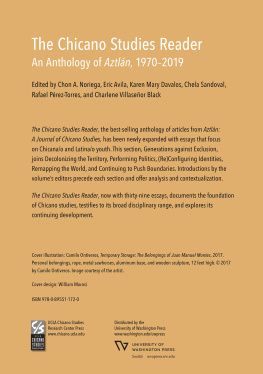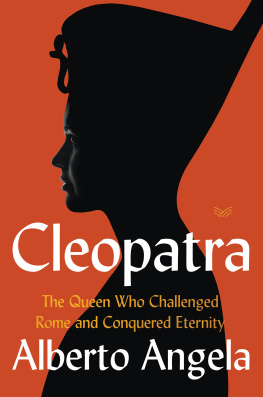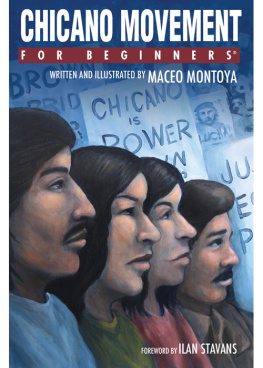Before Chicano
AMERICA AND THE LONG 19th CENTURY
General Editors: David Kazanjian, Elizabeth McHenry, and Priscilla Wald
Black Frankenstein: The Making of an American Metaphor
Elizabeth Young
Neither Fugitive nor Free: Atlantic Slavery, Freedom Suits, and the Legal Culture of Travel
Edlie L. Wong
Shadowing the White Mans Burden: U.S. Imperialism and the Problem of the Color Line
Gretchen Murphy
Bodies of Reform: The Rhetoric of Character in Gilded-Age America
James B. Salazar
Empires Proxy: American Literature and U.S. Imperialism in the Philippines
Meg Wesling
Sites Unseen: Architecture, Race, and American Literature
William A. Gleason
Racial Innocence: Performing American Childhood from Slavery to Civil Rights
Robin Bernstein
American Arabesque: Arabs and Islam in the Nineteenth Century Imaginary
Jacob Rama Berman
Racial Indigestion: Eating Bodies in the Nineteenth Century
Kyla Wazana Tompkins
Idle Threats: Men and the Limits of Productivity in Nineteenth-Century America
Andrew Lyndon Knighton
Tomorrows Parties: Sex and the Untimely in Nineteenth-Century America
Peter M. Coviello
Bonds of Citizenship: Law and the Labors of Emancipation
Hoang Gia Phan
The Traumatic Colonel: The Founding Fathers, Slavery, and the Phantasmatic Aaron Burr
Michael J. Drexler and Ed White
Unsettled States: Nineteenth-Century American Literary Studies
Edited by Dana Luciano and Ivy G. Wilson
Sitting in Darkness: Mark Twains Asia and Comparative Racialization
Hsuan L. Hsu
Picture Freedom: Remaking Black Visuality in the Early Nineteenth Century
Jasmine Nichole Cobb
Stella
meric Bergeaud
Translated by Lesley Curtis and Christen Mucher
Racial Reconstruction: Black Inclusion, Chinese Exclusion, and the Fictions of Citizenship
Edlie L. Wong
Ethnology and Empire: Languages, Literature, and the Making of the North American Borderlands
Robert Lawrence Gunn
The Black Radical Tragic: Performance, Aesthetics, and the Unfinished Haitian Revolution
Jeremy Matthew Glick
Undisciplined: Science, Ethnography, and Personhood in The Americas, 18301940
Nihad M. Farooq
The Latino Nineteenth Century
Edited by Rodrigo Lazo and Jesse Alemn
Fugitive Science: Empiricism and Freedom in Early African American Culture
Britt Rusert
Before Chicano: Citizenship and the Making of Mexican American Manhood, 18481959
Alberto Varon
Before Chicano
Citizenship and the Making of Mexican American Manhood, 18481959
Alberto Varon
NEW YORK UNIVERSITY PRESS
New York
NEW YORK UNIVERSITY PRESS
New York
www.nyupress.org
2018 by New York University
All rights reserved
References to Internet websites (URLs) were accurate at the time of writing. Neither the author nor New York University Press is responsible for URLs that may have expired or changed since the manuscript was prepared.
Library of Congress Cataloging-in-Publication Data
Names: Varon, Alberto, author.Title: Before Chicano : citizenship and the making of Mexican American manhood, 18481959 / Alberto Varon.Description: New York : NEW YORK UNIVERSITY PRESS, 2018. | Series: America and the long 19th century | Includes bibliographical references and index.
Identifiers: LCCN 2017044868 | ISBN 9781479863969 (cl : alk. paper) | ISBN 9781479831197 (pb : alk. paper)
Subjects: LCSH: Mexican AmericansHistory19th century. | Mexican AmericansHistory20th century. | Mexican AmericansEthnic identityHistory20th century. | Mexican AmericansEthnic identityHistory20th century. | CitizenshipUnited StatesHistory19th century. | CitizenshipUnited StatesHistory20th century.
Classification: LCC E184.M5 V3435 2018 | DDC 973/.046872dc23
LC record available at https://lccn.loc.gov/2017044868
New York University Press books are printed on acid-free paper, and their binding materials are chosen for strength and durability. We strive to use environmentally responsible suppliers and materials to the greatest extent possible in publishing our books.
Manufactured in the United States of America
10 9 8 7 6 5 4 3 2 1
Also available as an ebook
Para ma y pa
Contents
Figure 1.1. Cortina, Proclamation, Yale Collection of Western Americana, Beinecke Rare Book and Manuscript Library, Yale University.
Figure 2.1. Portrait of Charles Lummis, Lummis in Wild West Dress, undated, Security Pacific National Bank Collection/Los Angeles Public Library.
Figure 2.2. Proclama, Preamble to the Spanish translation of the California Constitution, 1849, California State Archives.
Figure 2.3. Portrait of Seor Adolfo Carrillo, Los Angeles Times, October 20, 1915.
Figure 2.4. Cover of Cuentos Californianos, ca. 1922, courtesy of the Recovering the U.S. Hispanic Literary Heritage Project.
Figure 3.1. Still from film Sombrero, from authors personal collection.
Figure 3.2. Cover of The Monterrey Greeter, 1938, from authors personal collection.
Figure 5.1. U.S.-Mexico Puppeteer, illustration from Con Safos Magazine, 1970, p. 20.
Figure 5.2. Picture of Villarreal and Pochos cover from El Excentrico, 1960, Jos Antonio Villarreal Papers, 19502010, Santa Clara University Library.
Against Xenophobic Citizenship
This is not a book about immigration. Or, perhaps put more directly, this is a book about not immigrating. It is a cultural history of Mexican American manhood from the mid-nineteenth to the mid-twentieth centuries that underscores Mexican Americans long-standing place in American political and cultural life. Decades before the Border Patrol, Csar Chvez, Dolores Huerta, the Delano grape strike, the Chicano Moratorium, or the 2006 immigration protests, Mexican Americans, living in cities and homes they had occupied for generations, found ways to imagine themselves as U.S. citizens. These Mexican American men and women worked to build safe, happy, and productive lives within the United States and as U.S. citizens, but to do so, found themselves time and again excluded from the country they called home and worked diligently to support.
In turning to an earlier historical period, this book challenges prevailing, facile, and often flawed associations between Mexican Americans and immigration that typecast Mexican Americans as immigrants. To access the long history of Mexican American culture, this book examines manhood and asks how the experience of being a manand how that experience was representedshaped the lives of Mexican American men and women. By focusing on manhood, we can see how Mexican Americans understood themselves as racial, gendered citizens and how that experience impacted the way they organized socially, how they functioned politically, and how they connected to broader, mainstream, and usually white American society. In examining Mexican American manhood during this period, this book reevaluates the Anglocentric focus of existing studies of U.S. manhood and illuminates the myriad ways that Mexican Americans produced competing notions of U.S. citizenship.




